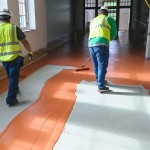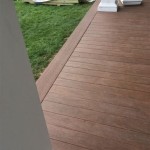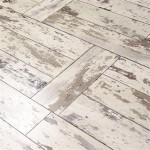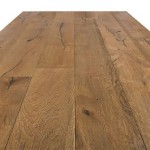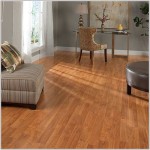The Ultimate Guide to the Strongest Type of Bamboo Flooring
Bamboo flooring has gained immense popularity in recent years due to its durability, eco-friendliness, and aesthetic appeal. However, not all bamboo flooring is created equal. Some types are more robust than others, with varying levels of strength and resistance to wear and tear.
To help you make an informed choice, we'll delve into the essential aspects of the strongest bamboo flooring, exploring its characteristics, benefits, and how to identify it.
Understanding the Strength of Bamboo Flooring
The strength of bamboo flooring is primarily determined by its density and hardness. Density refers to the weight and compactness of the bamboo, while hardness measures its resistance to scratching and denting.
Bamboo flooring is classified into two main categories based on density: standard and strand-woven. Standard bamboo flooring is made from vertical bamboo stalks and has a lower density than strand-woven bamboo.
Strand-woven bamboo flooring, on the other hand, is constructed from shredded bamboo fibers that are compressed and bonded together. This process creates a flooring with significantly higher density and hardness, making it more durable.
Benefits of the Strongest Bamboo Flooring
The strongest bamboo flooring offers numerous benefits, including:
- Exceptional durability: Its high density and hardness make it highly resistant to wear, scratches, and dents, ensuring a long-lasting floor that can withstand heavy foot traffic.
- Resistance to moisture and pests: Bamboo is naturally resistant to moisture and pests, making it an excellent choice for areas prone to spills, humidity, or insect infestations.
- Environmental sustainability: Bamboo is a rapidly renewable resource, making bamboo flooring an eco-friendly option that supports sustainable forestry practices.
Identifying the Strongest Bamboo Flooring
To ensure you're getting the strongest bamboo flooring, look for the following characteristics:
- Strand-woven construction: Strand-woven bamboo flooring is noticeably denser and harder than standard bamboo flooring.
- Janka hardness rating: The Janka hardness test measures the resistance of wood to denting. A higher Janka rating indicates greater hardness.
- Manufacturer's warranty: A reputable manufacturer will offer a warranty that covers the flooring's durability and performance.
Conclusion
When it comes to choosing bamboo flooring, opting for the strongest type ensures a durable, long-lasting, and environmentally friendly flooring solution. By understanding the factors that contribute to strength, identifying the strongest types, and considering the benefits, you can make an informed decision that will enhance your home's beauty and functionality for years to come.
Bamboo Flooring Pros And Cons Forbes Home
Cost To Install Bamboo Flooring In 2024 Forbes Home
What Is The Difference Between Horizontal And Vertical Bamboo Flooring Company
What Is The Best Type Of Bamboo Flooring For My Bedroom Company
Natural Engineered Bamboo Flooring Design Architecture
Is Bamboo Flooring Suitable For A Conservatory The Company
Why Should The Floor Of Your New Home Or Office Be Made Bamboo Factory
Can You Refinish Bamboo Flooring Here S How Floorings
What Is The Best Type Of Bamboo Flooring For My Kitchen Company
Can You Refinish Bamboo Flooring Here S How Floorings
Related Posts

